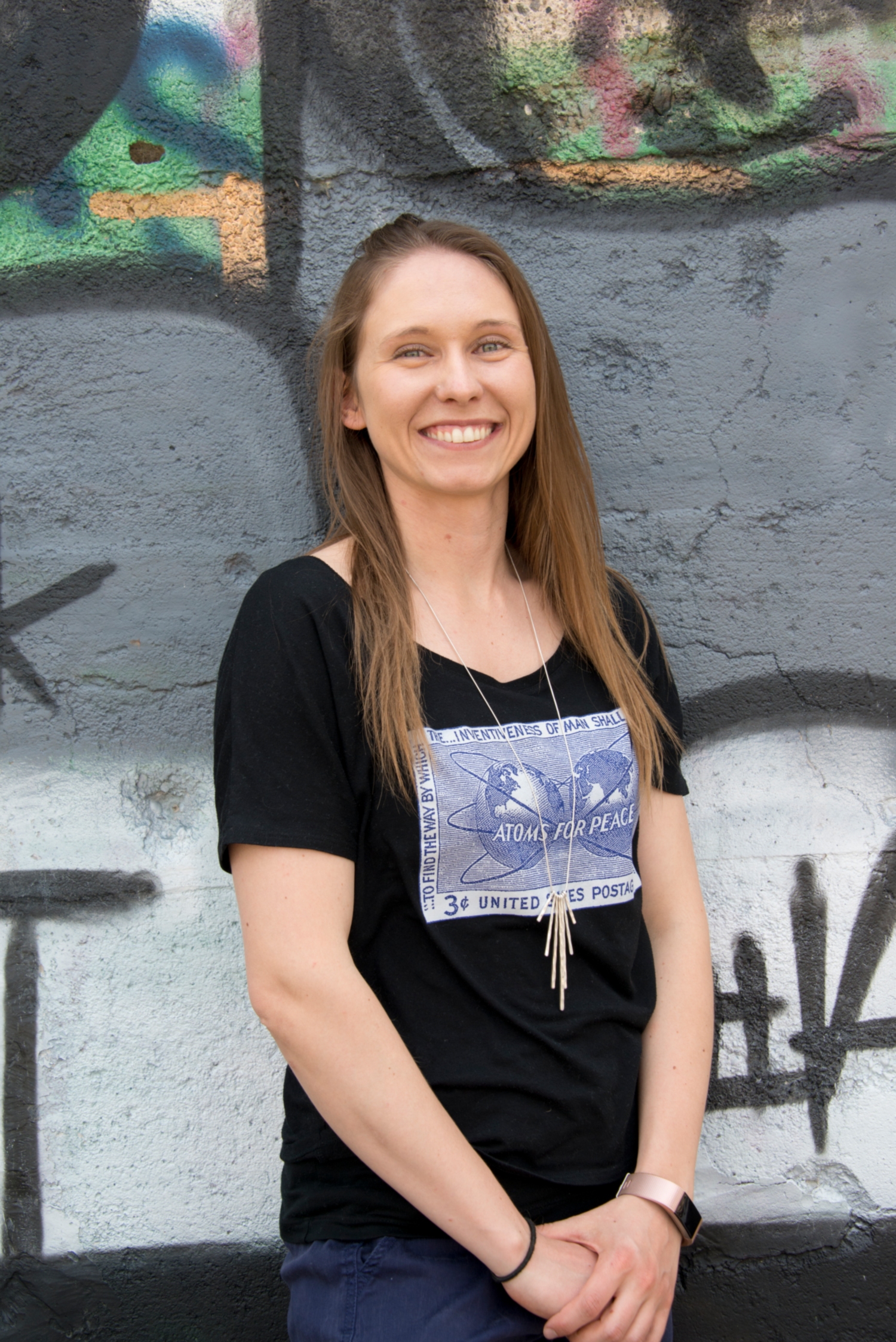After conducting her graduate research from the CAES facility, University of Idaho’s Emma Redfoot is headed to microreactor startup Oklo, Inc. for a six-month fellowship. Before departing, Redfoot spoke to Rachel Davis about her passion for nuclear energy, environmentalism, and how millennials view the changing face of energy.
By Rachel Davis, CAES Communications
With access to knowledge like never before, millennials are realizing the impact of their choices on the environment. Emma Redfoot’s path to nuclear energy came about not because of a desire to help herself, but the passion she has to improve the world around her.
Younger generations seem obsessed with renewables. What put you on the path to nuclear energy?
I never really was against nuclear power. During my undergraduate degree in environmental studies, nuclear power was never discussed. Renewables were the default answer to the climate problem. I remembered wondering why we were not constructing renewables as fast as possible since they were the obvious answer to decarbonizing the grid. The curriculum for my undergrad included work from the Breakthrough Institute about eco-modernism, a philosophy that argues technology can help humans protect nature. This school of thought was developed by environmentalist Michael Shellenberger and Ted Nordhaus.
Can you tell us more about eco-modernism?
The focus of eco-modernism is on how technology enables both humans and the environment to thrive. The philosophy was introduced mainly to challenge the dogmatic environmental thought that is often taught that the only way to be an environmentalist is by being vegans wearing recycled clothing and riding a bike everywhere. While I found the stereotype appealing as a recent high school graduate, my real concern at the time was climate change, which I felt was the issue of my generation. Eco-modernism focuses on using data to see where the twin issues of quality of life and minimization of environmental degradation have both improved.
You spent time in South America. How did that experience guide your educational choices?
After living in South America for a year, six months on an organic permaculture farm and six months doing research in Cusco, Peru, I decided quality of life and people having opportunities is what I wanted most to impact. I always liked reading about physics, but never thought I would be a scientist or engineer, even though I have always been stronger academically in the sciences.
I also liked building stuff. For example, I took welding in high school, so I decided I wanted to become an engineer. From my understanding of eco-modernism, I knew that energy was the most important prerequisite to ensuring greater access to health care, education, gender equality and general quality of life. After deciding to go into energy, I looked at the different forms of energy generation technologies out there. Interesting things seemed to be happening in nuclear. I found the beginning of a startup culture really appealing. The problems facing nuclear seemed much more manageable than those facing every other form of energy.
What do you like most about nuclear energy?
At the end of the day, I understand nuclear power had already proven itself to be scalable, clean and able to power a modern industrial economy, all of which can be seen in France. Nuclear also seemed realizable due to its energy density. One large nuclear plant requires a lot less people, materials, land and even money than an equivalent size of renewables and batteries.
Tell us about your time at the University of Idaho and at CAES. What did you accomplish?
I learned a lot about the technology of nuclear power through my coursework at the University of Idaho. I feel like I developed a reasonable level of expertise in the subject matter of my master’s thesis, nuclear renewable hybrid energy systems. Beyond the technical work I have done, I am proud of having developed a network of nuclear professionals dedicated to changing the current state of nuclear.
For example, when I helped put together a communications outreach session through Students for Nuclear and Generation Atomic, immediately I had 15 people respond favorably to acting as facilitators for having a nuclear conversation. Having allies passionate about the same goals has been both very satisfying to me as an individual, as well as I think important for developing an organized pro-nuclear movement. I think Idaho Falls and CAES have provided an environment which allows for relationship building essential to the success of future projects.
CAES has been described as a stepping stone for young researchers. Do you feel CAES helped you accomplish your goals?
CAES has been an incredible environment to develop as an engineer and professional in the nuclear world. I had access to world-class experts for the research I have been interested in pursuing. I had excellent mentorship from both the University of Idaho professors I worked with, including my major professor Dr. Bob Borrelli, as well as mentors at INL such as Dr. Cristian Rabiti and Dr. Shannon Bragg-Sitton.
The hallway conversations at CAES enormously enriched my experience. I have been surrounded by people who have such depth of knowledge about the current and historic development of nuclear power. I feel so lucky to have ended up here. My goal since applying to the University of Idaho has been to work for a nuclear startup. CAES helped me to develop the technical skills as well as the awareness of the state of development of nuclear power in order to successfully accomplish my goal of finding a fellowship with the nuclear startup I’m most interested in working with.
What happens after your fellowship at Oklo, Inc. ends?
Well, I am hoping Oklo will hire me after the six-month fellowship. My goal is to help build a nuclear reactor. What attracted me to their company is the focus primarily on building a product that’s wanted, as opposed to developing a piece of technology they just find interesting. With this philosophy, as well as their progress up to this point, I see Oklo as being the place where I can most likely help build a reactor. If it turns out there is something else that would better help me achieve my goal, I’ll do that.






